Rated 0 out of 5
0 reviews
Rated 5 out of 5
0
Rated 4 out of 5
0
Rated 3 out of 5
0
Rated 2 out of 5
0
Rated 1 out of 5
0
Be the first to review “Monit OD Tablet 30’S”

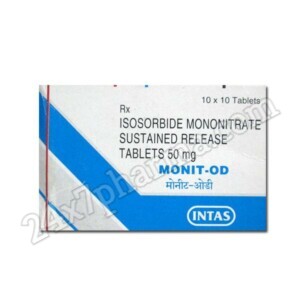
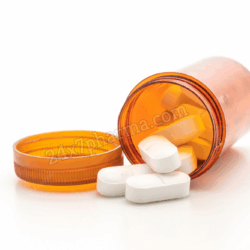

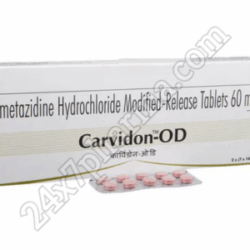
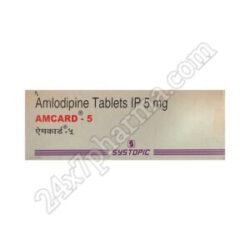
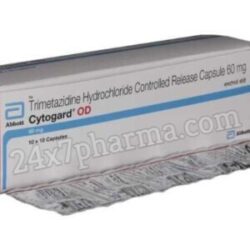
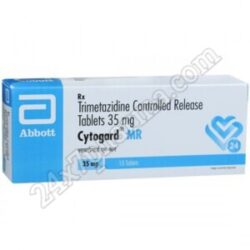
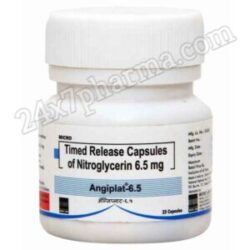
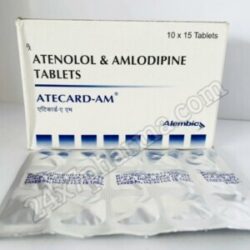
Reviews
Clear filtersThere are no reviews yet.